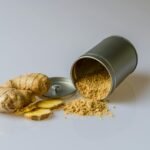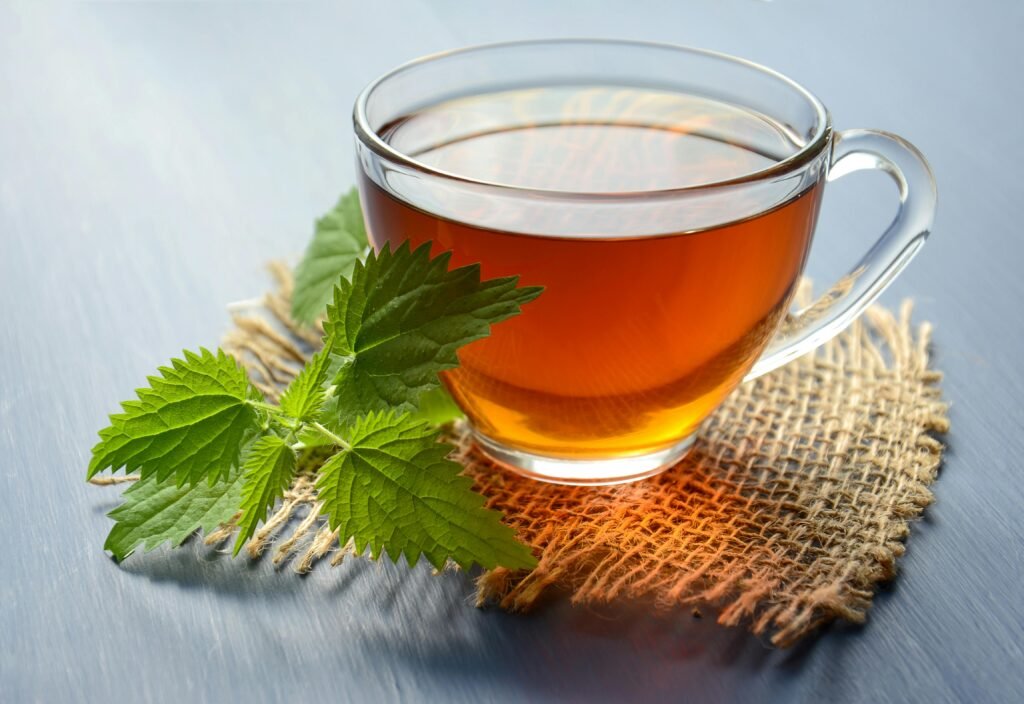Aromatherapy is a complementary therapy that utilizes plant-derived essential oils to promote physical and psychological well-being. Essential oils are concentrated extracts obtained from various plant parts, including flowers, leaves, bark, roots, and peels. These oils contain the plant’s aromatic compounds and are typically extracted through distillation or cold pressing.
The practice of aromatherapy has historical roots in multiple cultures and has been used for centuries for medicinal and therapeutic purposes. The underlying principle of aromatherapy is that the inhalation or topical application of essential oils can influence brain function, induce relaxation, and improve overall health. Essential oils are employed in aromatherapy to address a range of symptoms, including stress, anxiety, depression, insomnia, and muscle pain.
When inhaled, the volatile organic compounds in essential oils stimulate the olfactory system, which is directly connected to the brain’s limbic system. This region is associated with emotions, memory, and behavior, explaining why certain scents can evoke specific emotional responses. Topical application of essential oils allows for absorption through the skin into the bloodstream, potentially offering systemic effects.
However, it is crucial to note that essential oils are highly concentrated and should be used with caution. Proper dilution with a carrier oil is necessary before skin application, and certain oils may be contraindicated for pregnant individuals or those with specific medical conditions. While aromatherapy shows promise in promoting relaxation and improving mood, it is important to approach its use as a complementary therapy rather than a primary treatment for medical conditions.
Further research is needed to fully understand the efficacy and mechanisms of action of aromatherapy and essential oils in health and wellness applications.
Key Takeaways
- Aromatherapy uses essential oils to promote physical and psychological well-being
- Lavender essential oil is known for its calming and relaxing properties
- Peppermint essential oil is a natural energizer and can help improve focus and concentration
- Eucalyptus essential oil is great for respiratory health and can help clear congestion
- Tea tree essential oil has antiseptic and anti-inflammatory properties, making it a versatile healer
Lavender Essential Oil: The Ultimate Relaxation Aid
Calming Effects on the Mind and Body
When inhaled, lavender essential oil can help calm the mind and body, making it an ideal choice for those struggling with insomnia or restlessness. Additionally, lavender oil can be applied topically to help soothe minor skin irritations and reduce muscle tension.
Antimicrobial and Antioxidant Properties
In addition to its relaxation benefits, lavender essential oil also has antimicrobial and antioxidant properties. This makes it a great choice for promoting skin health and supporting the immune system. The gentle nature of lavender oil makes it suitable for all skin types, and it can be used to help soothe sunburns, insect bites, and minor cuts or scrapes.
A Must-Have for Self-Care
Overall, lavender essential oil is a must-have for anyone looking to incorporate aromatherapy into their self-care routine. Its calming and healing properties make it a versatile and effective tool for promoting overall well-being.
Peppermint Essential Oil: The Energizing Aroma
Peppermint essential oil is well-known for its invigorating and energizing aroma. The fresh and minty scent of peppermint can help stimulate the mind and promote mental clarity. When inhaled, peppermint oil can help improve focus and concentration, making it an excellent choice for those needing a natural pick-me-up during long workdays or study sessions.
Additionally, the cooling sensation of peppermint oil can help alleviate headaches and migraines when applied topically to the temples or neck. Peppermint essential oil also has natural pain-relieving properties, making it a great choice for reducing muscle aches and tension. When diluted with a carrier oil and massaged into sore muscles, peppermint oil can help provide relief from discomfort and promote relaxation.
In addition to its mental and physical benefits, peppermint oil also has antimicrobial properties that can help support respiratory health. When diffused or inhaled, peppermint oil can help clear the sinuses and promote easier breathing. Overall, peppermint essential oil is a versatile and effective tool for promoting energy, focus, and overall well-being.
Eucalyptus Essential Oil: A Breath of Fresh Air
Eucalyptus essential oil is well-known for its refreshing and invigorating scent that can help promote respiratory health and clear the mind. The cooling and minty aroma of eucalyptus oil can help open up the airways and promote easier breathing when inhaled or diffused. This makes eucalyptus oil an excellent choice for those struggling with congestion or seasonal allergies.
Additionally, eucalyptus oil can be applied topically to the chest to help soothe coughs and promote respiratory comfort. In addition to its respiratory benefits, eucalyptus essential oil also has antimicrobial properties that can help support overall immune health. When diffused in the home, eucalyptus oil can help purify the air and reduce airborne bacteria and viruses.
The refreshing scent of eucalyptus oil can also help promote mental clarity and improve focus. Overall, eucalyptus essential oil is a powerful tool for promoting respiratory health, mental clarity, and overall well-being.
Tea Tree Essential Oil: The Versatile Healer
Tea tree essential oil is renowned for its powerful antiseptic and healing properties. The fresh and medicinal scent of tea tree oil makes it a popular choice for promoting skin health and supporting the immune system. When applied topically, tea tree oil can help soothe minor skin irritations such as acne, cuts, scrapes, and insect bites.
Its natural antibacterial properties make it an effective choice for promoting wound healing and preventing infection. In addition to its skin-healing benefits, tea tree essential oil also has powerful immune-boosting properties that can help support overall health. When diffused in the home, tea tree oil can help purify the air and reduce airborne bacteria and viruses.
Its refreshing scent can also help promote mental clarity and improve focus. Overall, tea tree essential oil is a versatile and effective tool for promoting skin health, immune support, and overall well-being.
Lemon Essential Oil: The Uplifting Citrus Scent
Mood-Boosting Benefits
When diffused or inhaled, lemon oil can help alleviate feelings of stress and anxiety while promoting a sense of energy and vitality.
Cleansing and Skin Health Properties
In addition to its mood-boosting benefits, lemon essential oil also possesses powerful cleansing properties, making it an excellent choice for promoting skin health and supporting immune function. When applied topically, lemon oil can help purify the skin and reduce blemishes or acne. Its natural antibacterial properties make it an effective choice for promoting wound healing and preventing infection.
Overall Benefits and Uses
Overall, lemon essential oil is a versatile and effective tool for promoting mood enhancement, skin health, immune support, and overall well-being.
Rosemary Essential Oil: The Mental Clarity Booster
Rosemary essential oil is renowned for its stimulating and invigorating scent that can help promote mental clarity and improve focus. The fresh and herbaceous aroma of rosemary oil has been used for centuries to enhance memory retention and improve cognitive function. When diffused or inhaled, rosemary oil can help reduce mental fatigue and promote alertness.
In addition to its mental clarity benefits, rosemary essential oil also has powerful pain-relieving properties that make it an excellent choice for reducing muscle aches and tension. When diluted with a carrier oil and massaged into sore muscles, rosemary oil can help provide relief from discomfort while promoting relaxation. Overall, rosemary essential oil is a versatile and effective tool for promoting mental clarity, focus enhancement, pain relief, and overall well-being.
In conclusion, aromatherapy with essential oils offers a natural way to promote relaxation, improve mood, enhance mental clarity, support respiratory health, boost energy levels, promote skin health, and support overall well-being. With a wide variety of essential oils available, there are endless possibilities for creating personalized aromatherapy blends to suit individual needs and preferences. Whether diffused in the home or applied topically with a carrier oil, essential oils have the potential to positively impact physical, emotional, and mental health.
It’s important to remember that essential oils are highly potent substances that should be used with caution and respect. Always consult with a qualified aromatherapist or healthcare professional before using essential oils, especially if you have any underlying health conditions or are pregnant or nursing. With proper knowledge and care, aromatherapy with essential oils can be a powerful tool for enhancing overall well-being naturally.





